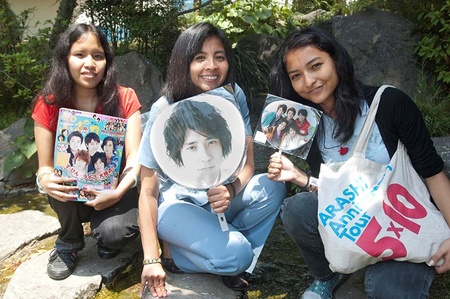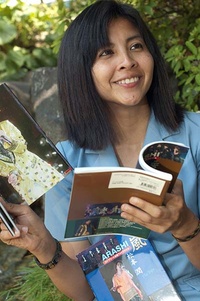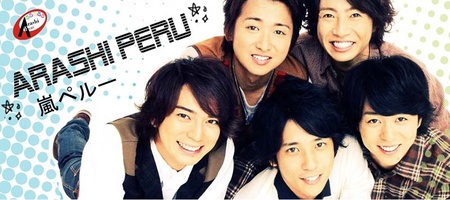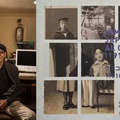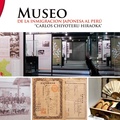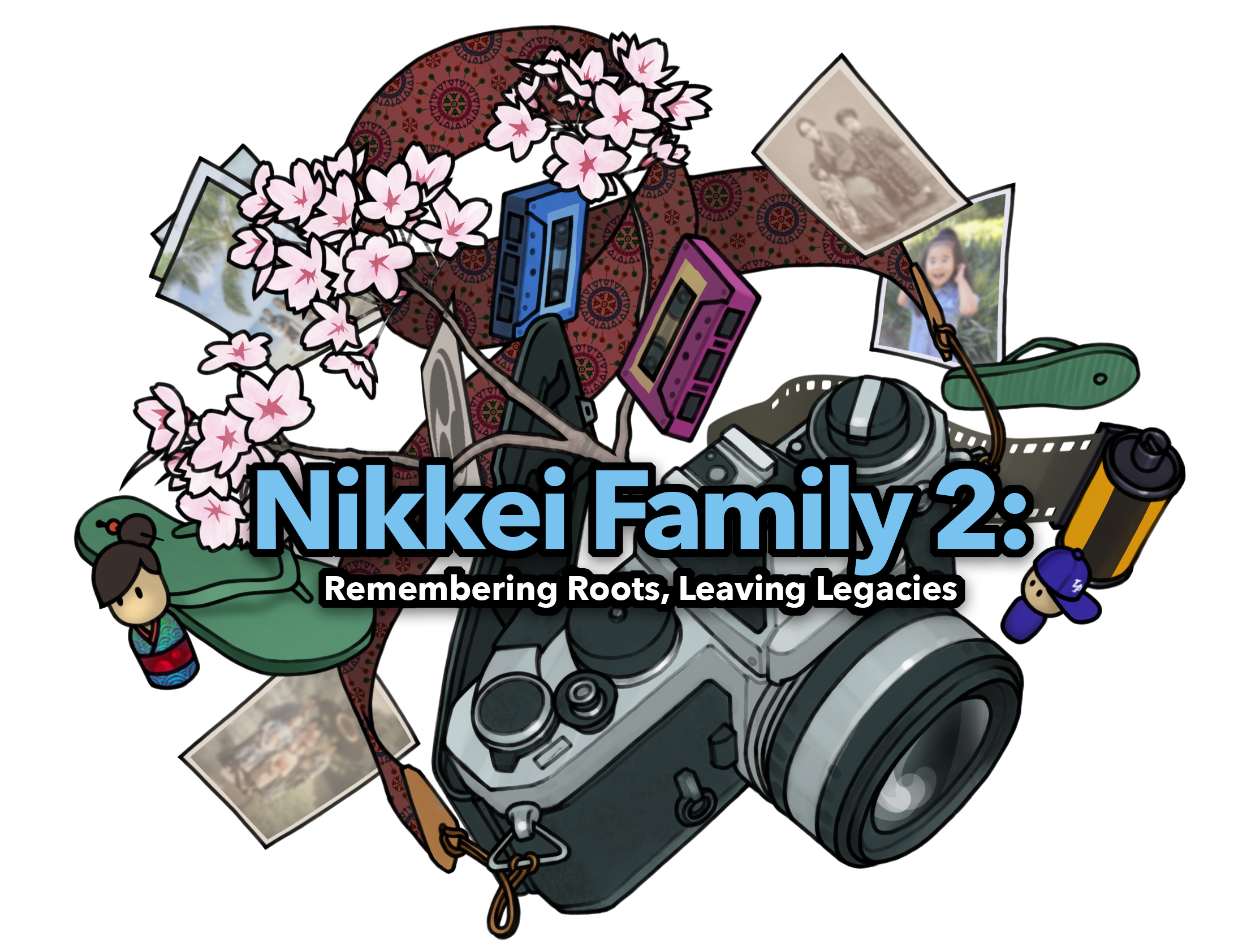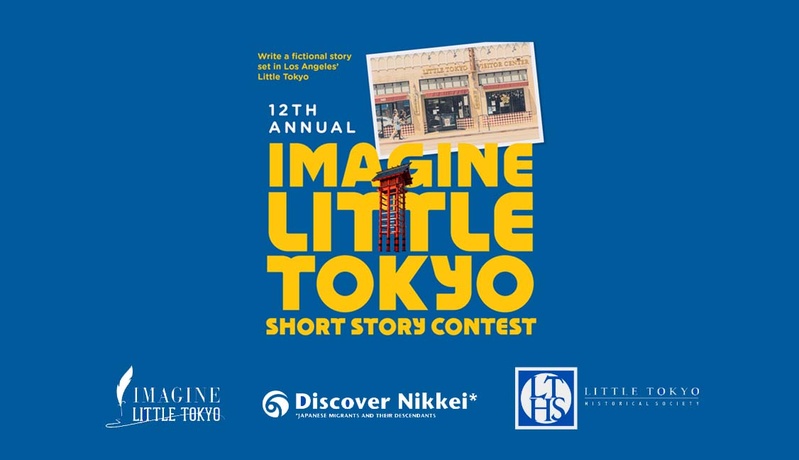Think of a fanatic. Whatever. From a football team, from a rock group, from an actor. The most passionate one you know. Multiply it by a thousand and you will have just a pale replica of Mirtha Coral, for whom the word fanaticism would have to be redefined or a new one invented that encompasses (if it can) everything she represents.
And who is Mirtha Coral? A girl who for twelve years has been devoted body and soul to Arashi, the most popular pop band in Japan. Arashi is not part of his life; Arashi is his life.
Once upon a time there was a show on NHK
It all started at the end of the last century. Mirtha was dancing when she suddenly stopped at NHK, attracted by a group of boys who were singing and dancing in a musical show. “How beautiful,” he said to himself. She didn't know who they were, but she became their follower.
Some time later, he wrote to NHK (in English) requesting information about the program. Not only did they respond, but they also left links to various websites, where he discovered Arashi. Those young people who moved the floor finally had names: Sho Sakurai, Jun Matsumoto, Satoshi Ohno, Kazunari Ninomiya and Masaki Aiba.
His life acquired a direction. He decided to go to Japan to meet them. In 2000 he told his mother: “You know what? I really want to go to Japan, I know that in Peru I am not going to make money. I have to go". And he went to the United States.
He left for six months and stayed for six years. He studied Japanese, worked, saved and above all became arashi. He lived in San Francisco, very close to Japantown, where he went religiously every weekend to buy Arashi material: CDs, DVDs, magazines, etc.
When he returned to Peru, he announced to his mother that he was going to Japan. Disoriented, she threatened some resistance, but Mirtha remained firm: “Mom, I've been killing myself for six years for something. “I have to go to Japan.” And he left. It was 2007.
Japan, a dream come true
Mirtha attended two Arashi concerts in Japan. But first, he visited Masaki Aiba's mother's restaurant. “When I met Aiba's mother it was great, I cried, I couldn't help it, imagine, she is your idol's mother. The lady told me 'don't cry', I told her 'I can't help it'. All the people in the restaurant were looking at me. The lady gave me gifts, I wanted to take photos with her, but she was very nice and told me 'my son is the artist, I'm not'. “She let me hug her, I'm dying,” he evokes.
She barely has any memories of the first concert, because she was so shocked that her mind became cloudy. “The emotion of being there was so great that I cried, I couldn't even breathe,” he says.
The second one remembers it as if it were yesterday. “I was in the front row, and behind me was Aiba's mother. When I turn around, I look at her, she looks at me, she tells me 'Mirtha chan', I couldn't believe she remembered my name, what a thrill."
And the show began:
“I started singing, dancing. Luckily I was with my Peruvian flag. When the boys passed by, they looked and waved. The one I remember most is Jun, because he winked at me and I almost fainted. I turn to Aiba's mother and tell her 'he winked at me, he winked at me'. In the end I gave him my flag, I told him 'you can give it to Aiba'. I gave him my phone number, my email, everything; He has never written to me, but what does it matter? She told me 'thank you very much for coming, I'm going to give it to my son, don't worry, you're a good fan.' "I was crying, I was like in a dream."
* This article is published thanks to the agreement between the Peruvian Japanese Association (APJ) and the Discover Nikkei Project. Article originally published in Kaikan magazine No. 53, January 2011 and adapted for Discover Nikkei.
© 2011 Asociación Peruano Japonesa; Fotos: Asociación Peruano Japonesa / Álvaro Uematsu / Archivo personal de Mirtha coral



